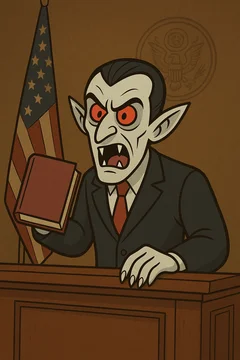
Hello again dear friends and readers. In the time the blog has been on hiatus I have built a fence 20 feet high and 20 feet long, gained 400 ELO in chess, and seen many old friends for the first time in ages. But the blog is back, and those days are behind me as I feed more content into its insatiable maw. So let's get right into today's case.
You'll all be aware that a couple of our judges require litigants to rank their summary judgment motions. For instance, and relevant to today's case. Judge Williams' form scheduling order states that "The Court will review the party’s summary …


